











Read More
Bachelor of Technology in Computer Science and Engineering is an Under Graduate Degree awarded for the programme in the area of Computer Science and Engineering. As one of the best computer engineering colleges, we intend to create a cohesive learning experience with the latest technological developments to that of industry demand.
Year wise Course Details
Courses for this semester
The Linear Algebra and Univariate Calculus course offers a comprehensive introduction to two fundamental areas of mathematics. It covers topics in Linear Algebra, such as vector spaces, matrices, determinants, linear transformations, eigenvalues, and eigenvectors, which are essential for solving systems of equations and modeling various phenomena. In Univariate Calculus, the course delves into differentiation and integration of single-variable functions, exploring concepts like limits, continuity, and their practical applications in optimization and area under curves. Together, these topics build a strong mathematical foundation for advanced studies in fields like engineering, physics, and data science.
1. To formulate simple algorithms for arithmetic and logical problems. 2. To test and execute the programs and correct syntax and logical errors. 3. To design code on the basis of logic to solve problems in C programming
This Engineering Physics course provides a comprehensive introduction to the fundamental principles of physics and their applications in engineering. The curriculum covers essential topics such as mechanics, thermodynamics, electromagnetism, optics, and quantum physics, with a focus on how these concepts influence engineering design and technology. Students will engage in theoretical discussions, problem-solving sessions, and hands-on laboratory experiments to reinforce their understanding. Real-world applications and contemporary technologies will be explored, highlighting the interplay between physics and engineering. By the end of the course, students will have a solid foundation in physics that supports their engineering studies and future careers.
This course explores fundamental principles of electrical engineering, including circuit analysis, electromagnetism, and electronic devices, through theoretical study and practical laboratory experiments.
The "Practical Workshop for Engineers" course provides a hands-on learning experience designed to equip participants with essential skills and knowledge in various engineering practices. This course covers a range of topics, including machining, welding, electronics, and materials testing, allowing participants to gain practical experience with tools, equipment, and techniques used in the engineering field. Through a combination of theoretical instruction and practical exercises, students will learn to apply engineering principles in real-world scenarios, fostering problem-solving skills and teamwork. The course aims to bridge the gap between theoretical knowledge and practical application, preparing engineers for the challenges of their professions.
Course Objectives (Minimum 3) 1. Actively engage in diverse club activities (dance, music, photography, drama, literacy) to foster personal development. 2. Participate enthusiastically in workshops and competitions, enhancing practical skills and competitive spirit. 3. Develop proficiency to represent ADTU effectively in inter-university and national competitions, showcasing leadership and teamwork. 4. Gain insights and skills from industry experts through workshops, enhancing professional competence and career readiness.
Courses for this semester
This course offers an in-depth exploration of differential equations, focusing on first, second, and higher-order ordinary differential equations (ODEs) and their applications. Students will gain skills in solving these equations, along with an understanding of partial derivatives and their importance in multivariable calculus. The course covers advanced topics like multiple integrals and their use in finding areas of complex curves. Students will also be introduced to differentiation under the integral sign and delve into complex analysis for problem-solving. By the end of the course, students will develop strong problem-solving skills in differential calculus and complex analysis.
This course provides a comprehensive introduction to Git, a powerful version control system, and GitHub, a popular platform for collaborative development. Designed for beginners, it covers the fundamental concepts, workflows, and best practices for version control and collaboration on software projects. By the end of the course, learners will have the skills to efficiently track, manage, and share their code with teams or the wider community.
This course introduces the foundational concepts of React, a powerful JavaScript library for building dynamic and responsive user interfaces. Learners will explore React's core features, including components, state management, and hooks, to create modular and interactive web applications. By the end of the course, participants will have the skills to build and deploy functional single-page applications using best practices in React development.
In this course students will discover the art of crafting a well-rounded college experience through extracurricular activities. By exploring the realms of leadership, team-building, and networking, participants will develop essential skills in planning, execution, and evaluation, while cultivating a sense of community and social responsibility. Through hands-on activities, case studies, and group discussions, students will learn how to identify and pursue their passions, build meaningful relationships with peers and mentors, and create a lasting impact on campus and beyond.
This course offers students with a comprehensive overview of fundamental ecological principles, environmental chemistry, biodiversity conservation, and the impacts of human activities on the environment. Through a blend of theoretical knowledge and practical applications, students delve into the complexities of pollution, resource management, and sustainable development. The course emphasizes the interconnectedness of ecological systems, aiming to cultivate an understanding of the delicate balance required for environmental harmony. By studying environmental chemistry, biodiversity, and pollution, students develop the skills needed to critically analyze and propose solutions to contemporary environmental challenges.
This course provides students with an understanding of the object-oriented concepts which helps in the field of programming, management of data, etc. and of Java programming which helps to explore the object-oriented nature of the language and the multi-platform versatility offered by it.
This course provides a comprehensive introduction to data structures and algorithms, focusing on the foundational concepts required for efficient data organization and manipulation. It covers essential data structures such as stacks, queues, linked lists, trees, and graphs, along with their associated algorithms. Students will explore searching and sorting techniques, algorithm analysis using asymptotic notations, and advanced topics like hashing and graph theory. Emphasis will be placed on analyzing and implementing these data structures, understanding their practical applications, and comparing their performance in terms of complexity.
Courses for this semester
Digital Electronics is a comprehensive course that introduces students to the principles, design, and application of digital systems. It covers essential topics like number systems, logic gates, Boolean algebra, and circuit design techniques, including combinational and sequential circuits. The course integrates theoretical foundations with hands-on experimentation, enabling students to design, simulate, and implement digital circuits. By understanding the core concepts of digital electronics, students will be equipped to solve real-world problems and contribute to advancements in technology.
This course introduces students to the principles of functional programming, a paradigm that treats computation as the evaluation of mathematical functions. Using Python as the primary language, students will explore the key concepts of immutability, higher-order functions, recursion, and pure functions. The course emphasizes how functional programming can simplify complex problems, enhance code readability, and improve reliability in software development. Through practical examples and hands-on projects, students will gain the skills needed to integrate functional programming techniques into real-world applications.
This course provides a foundation in discrete mathematics and graph theory, essential areas of study for computer science, mathematics, and related disciplines. It covers key concepts such as sets, relations, functions, logic, combinatorics, and graph theory. Students will explore the mathematical structures and techniques used to model and solve problems in computer algorithms, network design, and data organization. The course emphasizes rigorous problem-solving, critical thinking, and applications of discrete structures to real-world scenarios.
This course provides an in-depth understanding of how computers are structured and operate at a fundamental level. It explores the principles of computer organization, focusing on the interaction between hardware and software. Topics include processor design, memory hierarchy, input/output systems, and performance optimization techniques. Students will learn how modern computer systems are designed, how they execute programs, and how their performance can be measured and improved. This course is essential for understanding the inner workings of computers and forms the foundation for advanced topics in computer systems and engineering.
Logical Reasoning for Computer Science introduces students to the fundamental principles of logic and their applications in computational thinking, problem-solving, and software development. The course covers propositional and predicate logic, proof techniques, logical reasoning, and their connections to algorithms, programming, and system verification. Through theoretical learning and practical exercises, students develop the ability to approach problems systematically, design algorithms, and validate solutions with precision and clarity.
Courses for this semester
This course introduces the fundamental concepts, principles, and applications of database management systems. It covers the design, implementation, and management of relational databases, focusing on practical techniques and tools for organizing and querying data. By the end of the course, students will understand how to effectively use DBMS to store, retrieve, and manage data.
This course provides an in-depth understanding of the fundamental concepts, structures, and functions of operating systems (OS). It focuses on how the OS manages hardware resources, facilitates user interactions, and ensures the efficient execution of processes in a computing environment.
This course introduces the fundamental concepts of probability and statistics, focusing on how to model uncertainty and analyze data. It covers both the theoretical and practical aspects of probability, random variables, distributions, statistical inference, and data analysis techniques. Students will learn to apply statistical methods to solve real-world problems and interpret results in the context of data-driven decision-making.
This course explores the theoretical foundations of computation, focusing on formal languages, automata, and their applications in computer science. Students will study the mathematical models of computation, including finite automata, context-free grammars, and Turing machines, and learn how they are used to define and recognize languages. The course also covers the relationships between different classes of languages, computational complexity, and decidability.
This course focuses on building essential quantitative skills for solving problems in computer science and related fields. It covers mathematical concepts and techniques that are fundamental to computer algorithms, data structures, and computational theory. Topics include arithmetic, algebra, probability, geometry, number theory, and logical reasoning, all tailored to enhance problem-solving abilities in computer science contexts.
Courses for this semester
This course covers network architectures, protocols, and operations, including OSI and TCP/IP models, data transmission, routing, switching, and addressing. Key topics include Ethernet, IP, TCP/UDP, wireless networks, and network security.
This course covers the principles, models, and services of cloud technologies, including IaaS, PaaS, and SaaS. Topics include virtualization, distributed systems, storage, networking, and security in the cloud.
This course covers the principles, methodologies, and tools for designing, developing, and maintaining software systems. Topics include software development life cycle (SDLC), requirements analysis, design patterns, testing, project management, and agile methodologies. Students gain hands-on experience in teamwork, version control, and creating scalable, efficient, and reliable software solutions.
This course emphasizes creative problem-solving and innovation for business success. It covers empathy-driven design, ideation, prototyping, and testing. Students learn entrepreneurial skills like business model creation, market analysis, and pitching. The course fosters innovation, collaboration, and user-centered approaches to develop impactful, scalable solutions in diverse industries.
The MOOCs (Massive Open Online Courses) course introduces the design, delivery, and impact of online education. It explores learning platforms, instructional design, engagement strategies, and assessment methods. Students will understand how MOOCs democratize education, leverage technology, and analyze their global impact and challenges.
Courses for this semester
The course "Web Technologies" provides a comprehensive introduction to the fundamental concepts, tools, and technologies used in web development. It covers both client-side and server-side technologies, equipping students with the skills to design, develop, and deploy modern, responsive, and dynamic web applications. The course delves into essential web standards, frameworks, and protocols, including HTML, CSS, JavaScript, and server-side scripting with databases. Through practical projects and hands-on exercises, students gain real-world experience in building scalable, user-friendly web solutions that meet contemporary needs.
The course "Compiler Design" provides an in-depth understanding of the principles and practices involved in the design and implementation of compilers. It introduces the theoretical foundations of language translation and the techniques used to convert high-level programming languages into executable code. The course covers essential topics such as lexical analysis, syntax analysis, semantic analysis, intermediate code generation, code optimization, and code generation. Students will also gain practical experience by implementing various components of a compiler, helping them bridge the gap between theory and real-world applications.
The course "Design and Analysis of Algorithms" focuses on the fundamental techniques and methodologies used to design efficient algorithms and analyze their performance. It emphasizes problem-solving strategies such as divide-and-conquer, dynamic programming, greedy algorithms, and backtracking. Students will also learn how to evaluate the time and space complexity of algorithms using Big O notation, and will explore key concepts like NP-completeness and approximation algorithms. Through hands-on exercises, case studies, and algorithm implementation, students will gain the skills to solve complex computational problems effectively and optimize solutions for real-world applications.
The course "Statistical Methods and Modeling" introduces students to key statistical techniques used for data analysis, modeling, and decision-making. It covers both descriptive and inferential statistics, providing the foundation for understanding variability, distributions, hypothesis testing, regression analysis, and time series forecasting. The course emphasizes practical applications of statistical methods in fields such as business, economics, engineering, and social sciences. Students will also explore various statistical modeling techniques, including linear and nonlinear models, and gain experience with statistical software tools for data analysis and visualization. The course aims to equip students with the skills necessary to apply statistical methods to solve real-world problems.
Courses for this semester
This course provides a comprehensive introduction to the MATLAB® technical computing environment. No prior programming experience or knowledge of MATLAB is assumed. Themes of data analysis, visualization, modeling, and programming are explored throughout the course.
Digital image processing deals with processing of images which are digital in nature. Study of the subject is motivated by three major applications. The first application is in improvement of pictorial information for human perception i.e. enhancing the quality of the image so that the image will have a better look. The second is for autonomous machine applications which have wider applications in industries, particularly for quality control in assembly automation and many similar applications. This course will introduce various image processing techniques, algorithms and their applications.
.Nanotechnology is an interdisciplinary field that deals with the manipulation and control of matter on an atomic and molecular scale, typically below 100 nanometers. This course introduces the fundamental concepts, principles, and applications of nanotechnology across various scientific and engineering domains. Students will explore the unique properties of nanomaterials, fabrication methods, characterization techniques, and their applications in industries such as electronics, healthcare, energy, and the environment.
Data Mining is the process of discovering patterns, trends, and useful information from large datasets. This course provides a comprehensive introduction to the concepts, techniques, and tools used in data mining. Students will learn how to preprocess data, identify patterns, and apply data mining methods to real-world problems in domains like business, healthcare, and social sciences. The course also explores recent advances in the field and ethical considerations surrounding data mining practices.
The course on Intellectual Property Rights (IPR) and Cyber Law provides an understanding of the legal frameworks that govern intellectual property and cyberspace. It equips students with knowledge of IPR concepts, the processes of patenting and copyright, and the implications of trademark protection. Additionally, the course covers the fundamentals of cyber law, focusing on legal issues related to internet use, data protection, cybercrimes, and electronic transactions. Students will gain insights into the role of law in fostering innovation, protecting rights, and maintaining cybersecurity in a digital world.
Courses for this semester
The course "Cryptography & Network Security" provides an in-depth exploration of the fundamental principles, techniques, and protocols used to secure communication and data in computer networks. It covers the core concepts of cryptography, including encryption, decryption, symmetric and asymmetric key systems, hash functions, digital signatures, and public key infrastructures (PKI). The course also examines network security protocols, such as SSL/TLS, IPsec, and firewalls, and how these technologies are applied to protect systems from threats like data breaches, unauthorized access, and cyberattacks. Through theoretical discussions and practical exercises, students will gain the skills to understand, design, and implement security measures to safeguard information and maintain the confidentiality, integrity, and availability of data in networked environments.
The course "Machine Learning" provides students with a comprehensive understanding of the principles, techniques, and algorithms used in the field of machine learning. It covers both supervised and unsupervised learning models, including classification, regression, clustering, and dimensionality reduction. The course delves into various machine learning algorithms such as decision trees, support vector machines, neural networks, k-nearest neighbors, and ensemble methods. Students will also explore advanced topics like deep learning, model evaluation, overfitting, and bias-variance trade-offs. Through practical exercises and projects, students will learn to implement machine learning algorithms using popular programming languages and libraries (such as Python, TensorFlow, and scikit-learn) and apply them to real-world problems. By the end of the course, students will be equipped with the knowledge and skills to develop and deploy machine learning models for data-driven decision-making and predictive analytics.
The course "Image Processing and Pattern Recognition" explores the techniques and algorithms used to analyze and interpret visual data from images and videos. It covers the fundamental principles of image processing, including image enhancement, filtering, segmentation, edge detection, and morphological operations. The course also introduces pattern recognition methods, focusing on classification, feature extraction, and machine learning algorithms used to identify patterns and objects in images. Students will learn how to apply image processing techniques to real-world problems such as object recognition, facial recognition, medical imaging, and image compression. Using programming languages like Python and libraries such as OpenCV and scikit-image, students will gain hands-on experience in implementing image processing and pattern recognition algorithms, and apply them to practical applications in fields like computer vision, artificial intelligence, and robotics.

CST- Common scholarship test is a national and international level online MCQ based examination funded for intellectual empowerment by Assam down town University.
CST- Maximum enrolment each year is 269 seats and any 10+2 students can apply. Adtu is northeast India’s first placement driven university to provide 100% scholarship benefits worth 30 cr.
CST aims to inspire brilliant and competent students to pursue further education. Accredited with a prestigious grade by NAAC, UGC and AICTE.
Explore more scholarships that can help you reach out your goal with financial aid.
This scholarship is valid on the basis of the board/university examination
| 95% & above | 100% Scholarship on all semester |
| 90%-94.9% | 50% Scholarship on all semester |
| 80%-89.9% | 25% Scholarship on all semester |
This scholarship is valid on the basis of the board/university exam
| National & International Level | 100% Scholarship on all semester |
| State Level | 50% Scholarship on all semester |
| District Level | 25% Scholarship on all semester |
This scholarship is valid on the basis of the board/university exam
| National & International Level | 100% Scholarship on all semester |
| State Level | 50% Scholarship on all semester |
| District Level & NCC Certificate Holder | 25% Scholarship on all semester |
Discover a multitude of world-class amenities and cutting-edge resources at Assam down town University, enhancing your academic journey to new heights.
The Start-Up & Incubation Centre at Assam down town University provides a supportive environment for young entrepreneurs to develop and grow their business ideas. The center provides mentorship, funding, and networking opportunities to help innovative ideas become successful businesses.
SFURTI scheme to support rural entrepreneurs and innovators, an initiative by the Ministry of MSME
TIDE 2.0 scheme for ICT-based startups which provides a grant of Rs. 4L and Rs. 7L under EiR and Grant categories respectively, an initiative by the Ministry of MeitY.
dtVL Ideation, an incubation program for early-stage entrepreneurs with a market-ready solution/product, offering interest-free loans up to Rs. 2 lakhs.
Sprout UP, an incubation program for students, faculties, and researchers with innovative business ideas, prototypes, or technology solutions.
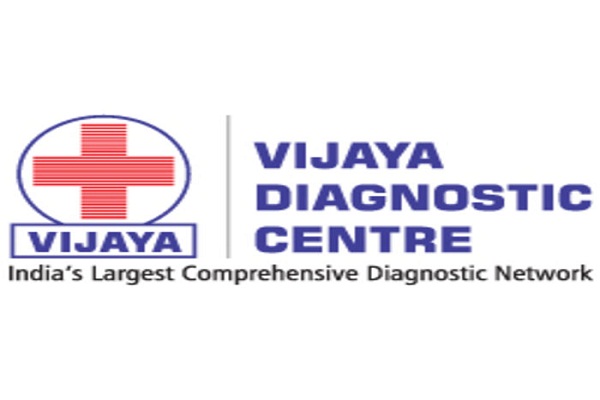







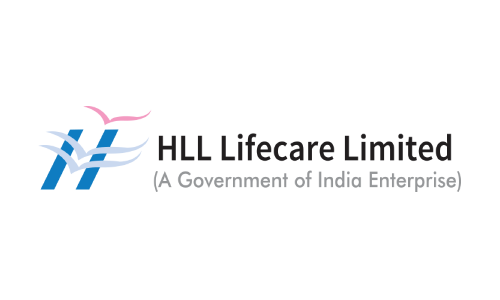




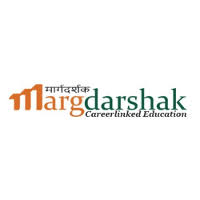
.png)

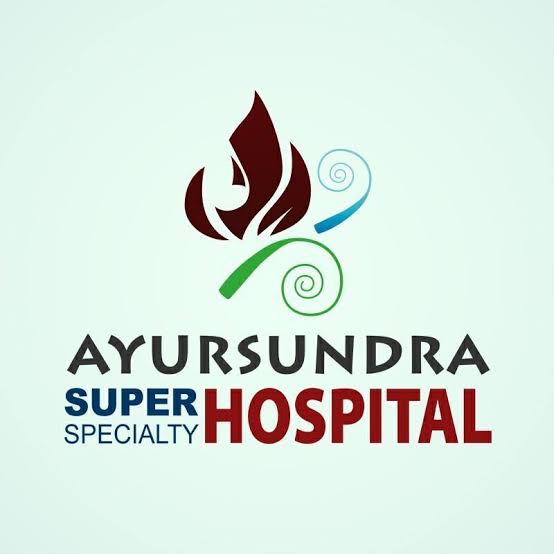

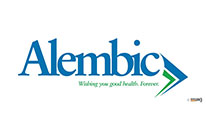



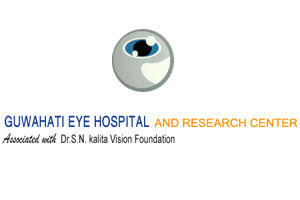

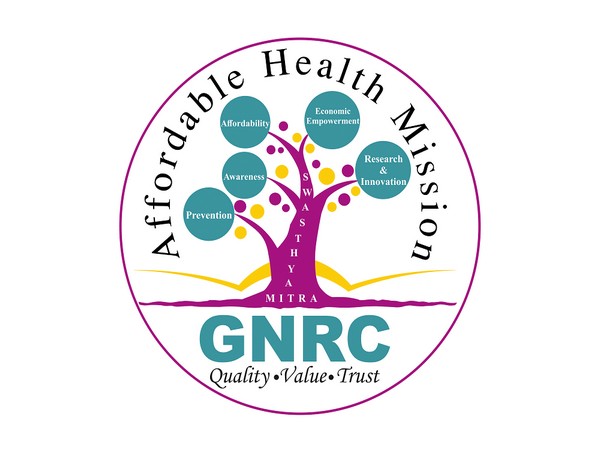


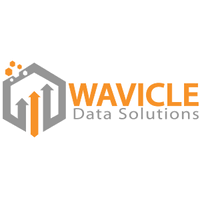
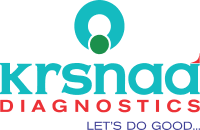


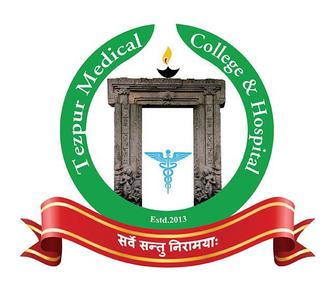


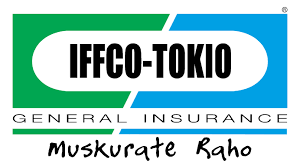
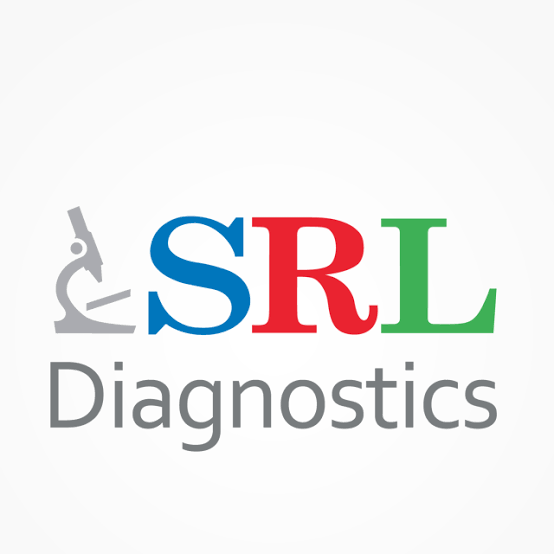

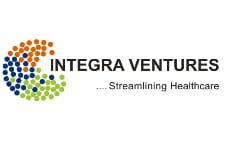








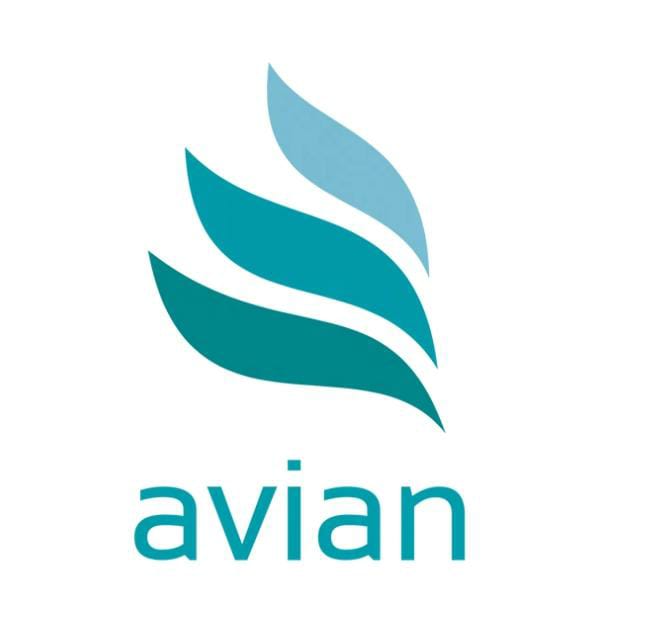



"I am a BBA student of 3rd semester. I hail from Bhutan. I vow that I am having a great experience i...
"AdtU is amazing. I am a BBA student of 2019-22 batch and I am just grateful for the amount of oppor...
Let us be grateful to the people and place who makes us happy. They are the charming gardeners whom ...
Currently I am pursuing MBA in Assam Down Town University. MBA is the professional course through wh...
AdtU is a university that focuses on giving knowledge, education and simultaneously making the stude...
The Assam downtown University has been a great learning experience. The university has provided me w...
My experience with AdtU has been splendid one indeed. Little needs to said about its scenic infrastr...
As a student I am very glad that I have got an opportunity to study here in Assam downtown universi...
My name is Sakhyajit Roy. I?m from Tripura. I joined the university on Auguest, 2017 as a student of...
I share immense pleasure to share my post graduate program experience in Assam down town University....
AdtU is a platform where I got golden opportunities to feed my zeal for knowledge through the dynami...
I am fortunate to get an opportunity to study here in Assam Downtown University. The best thing abou...
Our university is one of the best place for developing ourselves in the field of research and acedem...
ADTU is a university that is very good interms of infrastructure, academics and placements. Our tea...
It is one of best private colleges in North East India, it also provides a good environment for ed...
ADTU is a good University which provides the students with best quality lectures and ensures comfort...
The environment of Assam downtown university is very pleasant.The department of BMLT is very good a...
The university has all the necessary facilities and amenities for students . The classrooms and the ...
Assam downtown University is well recognised all over india. In the ongoing pandemic situation it ha...








